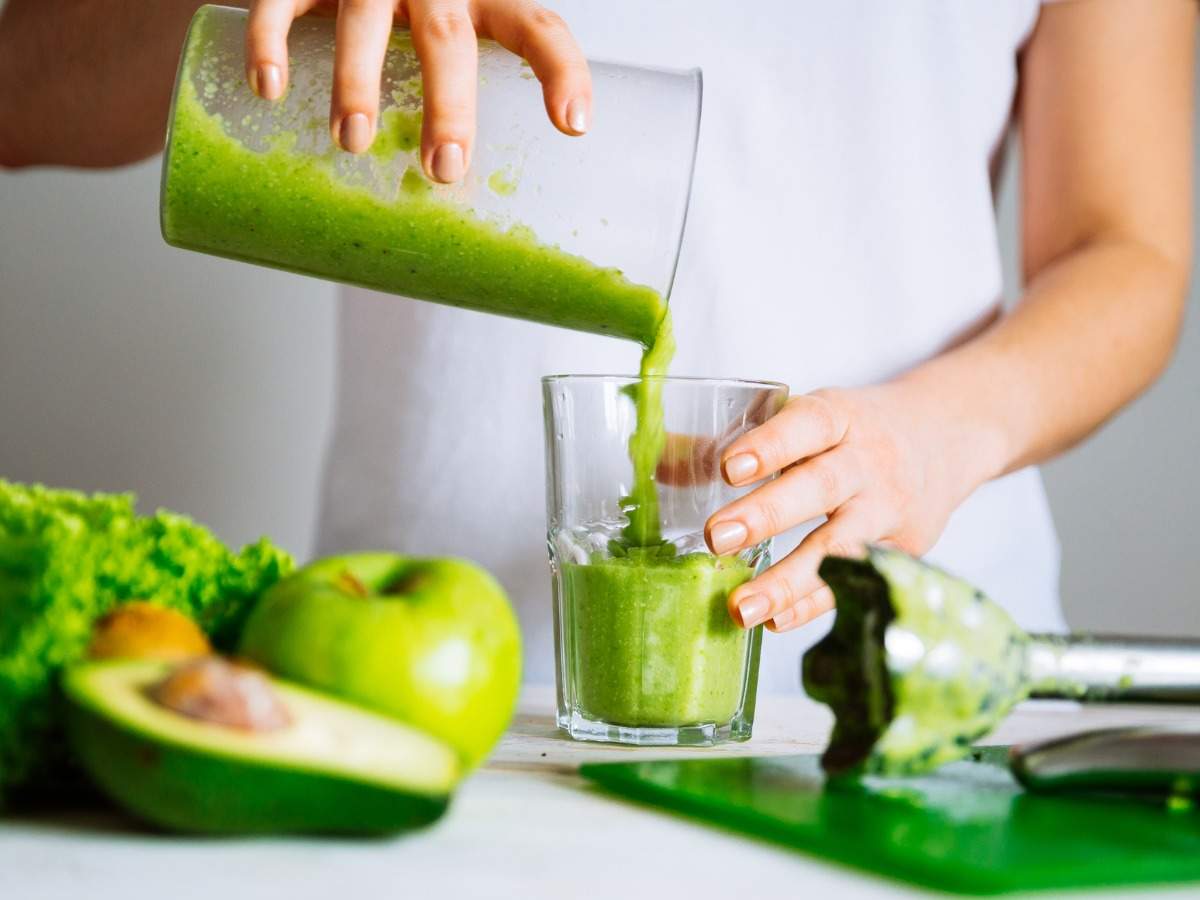Are you not seeing results from your juice fast? Discover why it may not be helping you lose weight. Learn about factors like caloric deficit, protein intake, high sugar content, lack of satiety, low fiber, water retention, muscle loss, inactivity, metabolic adaptation, and long-term sustainability. Make adjustments for better results.
In the pursuit of weight loss, many individuals turn to juice fasts as a popular method to shed unwanted pounds. However, despite their initial expectations, some may find themselves puzzled as to why their juice fasts are not yielding the desired results. If you have found yourself in this predicament, questioning the efficacy of your juice fast in achieving weight loss, it is crucial to consider various factors that could potentially impact your progress. By examining the relationship between juice fasts and weight loss, as well as addressing potential pitfalls and misconceptions, this article aims to shed light on the reasons why your juice fast may not be yielding the desired outcome.
Why isn’t my juice fast helping me lose weight?
Juice fasts have become increasingly popular in recent years as a way to detoxify the body, improve health, and even lose weight. However, many people find themselves disappointed when they embark on a juice fast and fail to see the desired weight loss results. In order to understand why a juice fast may not be yielding the expected weight loss, it is important to explore several factors that may contribute to this lack of success.

Lack of caloric deficit
One of the primary reasons why a juice fast may not be helping you lose weight is the absence of a caloric deficit. While juice can certainly be a healthy addition to a balanced diet, consuming solely juice for an extended period of time may not provide the caloric restriction needed to promote weight loss. In order to lose weight, you need to expend more calories than you consume. If your juice fast is not creating a significant caloric deficit, it is unlikely that you will see the scale move in your desired direction.
Insufficient protein intake
Juice fasts often lack adequate protein, which is an essential macronutrient for weight loss. Protein is not only important for building and repairing tissues, but it also plays a crucial role in regulating appetite and preserving lean muscle mass. Without sufficient protein intake, you may find yourself feeling hungry more frequently and may also experience muscle loss instead of fat loss. Including a source of protein in your juice fast, such as adding a protein powder or incorporating vegetable juices that are rich in protein, may help to address this issue.
:max_bytes(150000):strip_icc()/juice-cleanse-89120-a-8f02da4fce3f463abd578d2b1c8b1165.jpg)
High sugar content in juices
While fruits and vegetables are undoubtedly nutritious, it is important to be mindful of the sugar content in the juices you consume during a fast. Many store-bought juice blends and even homemade juices can contain high amounts of sugar, which can hinder weight loss efforts. Excessive sugar consumption can lead to spikes in blood sugar levels, increased insulin production, and ultimately hinder the body’s ability to burn fat. Opting for juices that are primarily vegetable-based and low in natural sugars can help mitigate this issue.
Liquid calories are not as satiating
Another factor that may contribute to a lack of weight loss during a juice fast is the absence of solid food. While juice can be a convenient and nutritious way to consume fruits and vegetables, it often lacks the satiety provided by whole foods. Solid foods require more chewing and digestion time, which helps to create a greater sense of fullness and satisfaction. As a result, consuming only liquid calories during a juice fast can leave you feeling unsatisfied and more prone to overeating or snacking on unhealthy foods.
Lack of fiber in juice fasts
Fiber is a crucial component of a healthy diet, yet it is often lacking in juice fasts. Fiber helps to regulate digestion, promote feelings of fullness, and stabilize blood sugar levels. Unfortunately, during the juicing process, much of the fiber present in fruits and vegetables is lost. This can lead to rapid spikes in blood sugar levels, followed by crashes and increased hunger. To counteract this issue, consider incorporating whole fruits and vegetables into your juice fast or consuming high-fiber supplements to ensure you are meeting your daily fiber needs.
Potential water retention
It is not uncommon for individuals embarking on a juice fast to experience temporary water weight gain. While this may initially be disheartening, it is important to remember that water retention is not the same as weight gain. The body may retain water in response to changes in diet, especially when transitioning from a higher sodium or processed food diet to one that is predominantly composed of fruits and vegetables. This initial increase in water weight should subside over time, allowing for true weight loss to occur.

Muscle loss instead of fat loss
When following a juice fast without adequate protein intake, the body may enter a state of muscle catabolism, where it breaks down muscle tissue for energy. This can lead to a decrease in muscle mass and a slower metabolism, making it even more challenging to lose weight in the long run. To prevent muscle loss, it is important to focus on consuming an adequate amount of protein during a juice fast, whether through protein supplements or vegetable-based sources of protein.
Inadequate physical activity
While a juice fast can provide a temporary boost to your health and weight loss efforts, it is crucial to remember that sustainable weight loss requires a combination of healthy eating and regular physical activity. Failing to engage in sufficient physical activity while on a juice fast can significantly hinder your weight loss progress. Exercise helps to increase calorie expenditure, build lean muscle mass, and improve overall cardiovascular health. Incorporating moderate-intensity activities, such as brisk walking or cycling, into your daily routine can greatly enhance the effectiveness of your juice fast.

Metabolic adaptation
The human body is a remarkable machine that can quickly adapt to changes in dietary patterns and caloric intake. When you consistently consume a low-calorie diet, such as during a juice fast, your body may perceive it as a period of famine and slow down its metabolic rate as a survival mechanism. This can make it increasingly difficult to continue losing weight as your body becomes more efficient with its energy expenditure. To overcome this metabolic adaptation, consider incorporating short periods of eating at a slightly higher caloric level within your overall juice fast regimen.
Unsustainable long-term weight loss
While a juice fast may initially show promising weight loss results, it is essential to consider the long-term sustainability of this approach. Juice fasts are typically meant to be followed for a short period of time and should not be viewed as a long-term solution for weight loss. While they can provide a temporary kickstart to your health goals, relying solely on juices for an extended period of time may lead to nutrient deficiencies and an unhealthy relationship with food. To achieve sustainable weight loss, it is crucial to adopt a balanced diet that incorporates whole foods, lean proteins, healthy fats, and a variety of fruits and vegetables.
In conclusion, despite the popularity of juice fasts as a weight loss method, they may not always deliver the desired results. Factors such as a lack of caloric deficit, insufficient protein intake, high sugar content in juices, diminished satiety, inadequate fiber intake, water retention, muscle loss, inadequate physical activity, metabolic adaptation, and unsustainable long-term weight loss can all contribute to a lack of weight loss during a juice fast. It is important to consider these factors and make necessary adjustments to your juice fast routine to maximize weight loss potential and ensure your overall health and well-being.

